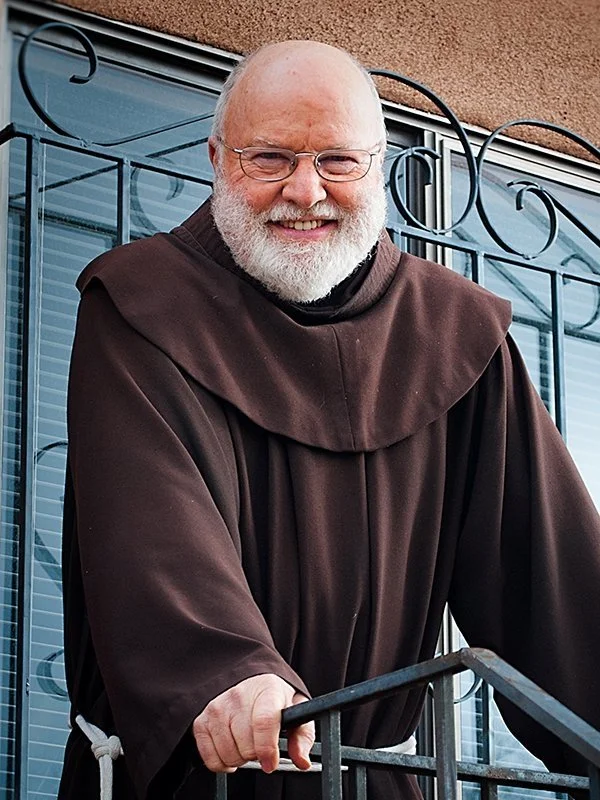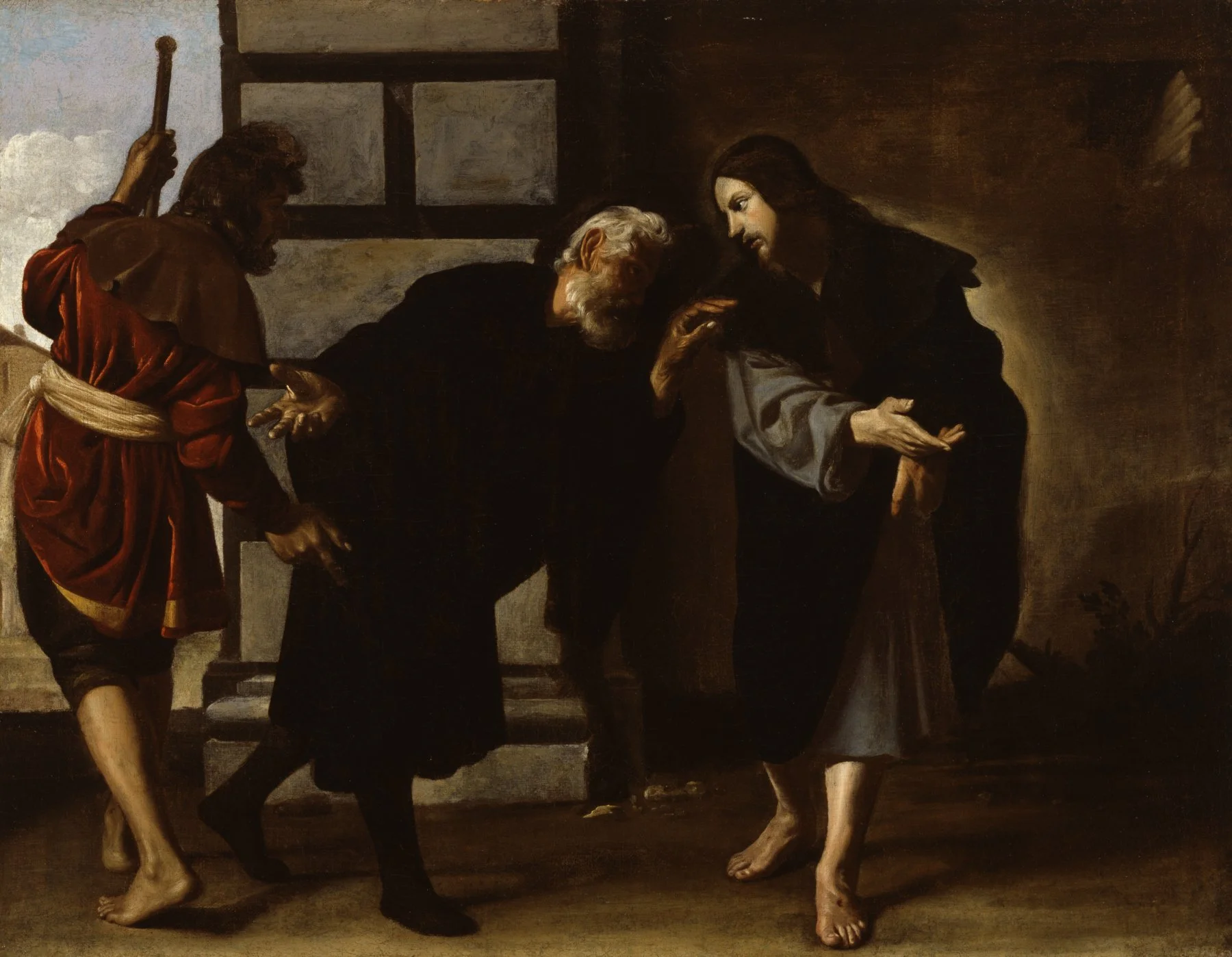Do We Need to Worship Jesus?
I don’t remember his name, but I remember his audacity. He was my classmate, and he was a pain in my professors behind. A contrarian with a hill to die on. The hill was this, “You don’t need to go to church to be a Christian.” A threatening and disruptive stance to take at an institution that existed to train future church leaders. He was entirely alone on his hill, each of us attempting to persuade him down from it. I don’t remember seeing him on campus after that semester. I wonder if he left on his own, or was asked to leave?
The nameless contrarian challenged us to consider if Jesus even cared all that much about people getting together to worship him. He challenged us to re-think what Jesus was encouraging us to do and to wonder if all the effort we put into crafting church buildings, and services were really worth it.
I can’t say I liked this guy at the time. I was still a happy Evangelical Christian. I chose to go to the school cafeteria turned stage on Wednesday nights to raise my hands to the sky, and sing praise songs to Jesus…adding to my two or three other days of the week I already did that. Worshipping, as in singing about how great God is, and how much I love them, was probably the most important expression of my faith.
Well, kinda…I mean, it was what everyone else did, and it seemed to be the climax of every worship gathering I attended at the time. But there was a doubt that lived inside me that I felt guilty about, one of many actually. Besides feeling the emotional surges of a catchy chorus, I can’t say I really comprehended what I was singing, or actually felt like I loved God as much as the songs said I should.
A common picture of heaven I heard about when I was growing up was that we would all be together and praising God for eternity. I remember asking a friend at the time, “What do you think that will be like? Like, do you think we will just be singing and bowing down to God for all of eternity?” Admittedly, I thought this sounded more like a hellish proposition than a heavenly one. Like, we wouldn’t get breaks for snacks? I like snacks and was hoping we would get snacks from time to time. In my mind, I imagined billions of people all standing together, like at a music festival or something, and standing there and singing to God who is sitting on a throne on stage for all of eternity and my legs started hurting just thinking about it.
I too had a contrarian living in me. What sounded like heaven to some, sounded like hell to me.
To this day, I still don’t feel quite right when I say that I am going to Quaker worship. Obviously, it is an accepted and venerated term for us as Friends, but I still carry the connotation of bowing down, or heaping compliments up to God when I say the word worship. This vision of worship creates in me an image of God that is fragile, of an ego that needs to be fed.
I imagine the young man at my university struggled to square what the church has become, and what he made of the life and teachings of Jesus. I now have respect for his bravery.
In this case, I think words matter. What do we mean when we invite someone to Quaker worship? I imagine to the unfamiliar, inviting someone to come and worship something with you would be a strange invite. Here at West Hills, I don’t get the sense that we enter into this time together with the goal of praising God, but rather to commune with God. This way of entering into this space feels less about lifting up a fragile deity, and more about sitting in a circle with it.
Richard Rohr, the American Franciscan Priest
Richard Rohr has an interesting take on this himself. In one of his daily meditations, this one from 2016 he says,
“Jesus clearly taught the twelve disciples about surrender, the necessity of suffering, humility, servant leadership, and nonviolence. They resisted him every time, and so he finally had to make the journey himself and tell them, “Follow me!” But Christians have preferred to hear something Jesus never said: “Worship me.” Worship of Jesus is rather harmless and risk-free; following Jesus changes everything.”
I cannot help but think that we made a serious wrong turn somewhere. Where we thought that worshipping Jesus became the focus of our efforts, rather than following the way of Jesus. I can’t help but wonder if the reason Christian Nationalism is on the rise in America is that we are committed to a posture of worship rather than humble service. Many of our Christian siblings have poured as much hope into venerating the former President as they worship Jesus.
Rohr continues,
Once we saw the clerical state as a place of advancement instead of downward mobility, once ordination was not a form of initiation but a continuation of patriarchal patterns, the authentic preaching of the Gospel became the exception rather than the norm.
I have often thought that this “non-preaching” of the Gospel was like a secret social contract between clergy and laity, as we shake hands across the sanctuary. We agree not to tell you anything that would make you uncomfortable, and you will keep coming to our services. It is a nice deal, because once the Gospel is preached, I doubt if the churches would be filled. Rather, we might be out on the streets living the message. The discernment and the call to a life of service, to a life that gives itself away instead of simply protecting and procuring for itself in the name of Jesus, is what church should be about. Right now, so much church is the clergy teaching the people how to be co-dependent with them. It becomes job security instead of true spiritual empowerment.
It would seem silly of me to make the case for not having the Church. Where I depart with the contrarian kid at my University is that I still see a purpose for communities like ours. I don’t think we exist because we need to come together so we can heap praise on God so God doesn’t get mad at us. I think we come together because we have experienced the power of collective communing with the Divine in the spoken and sung word, and the silence we practice together. And from that coming together, we have a sense of purpose and cohesion that allows us to carry on with the work we’ve been called to do. Oh, and sometimes we really do get all gooey and proud of what God is up to.
Photo by Dan Meyers on Unsplash
I almost scrapped this message entirely, right around this point. A familiar question of discernment arrived, is this a message folks at West Hills need to hear, or is this a message another group of Christians needs to hear? After all, as I just mentioned, I don’t think any of us are showing up on Sunday mornings looking to pump up an egotistical God. So I stopped writing this for a few days and sat with it. Late this week I became aware that it felt like things were crumbling all around me. It was as if I started noticing how much of my work felt like it was being held together by duct tape. Over the last few years, it has felt like my goal for this community was to help us through, and I’ve heard from folks that I have done a decent job at that. I, like most of us, thought “let us see how this how this pandemic thing plays out…” and what we expected to be a few weeks of isolation, turned into years. It is starting to feel more clear to me that more duct tape and patchwork isn’t the way forward. The way forward is going to be something new.
I’ll admit to feeling some despair about this. It doesn’t feel great to see the duct tape stretching and ripping. I sent out some SOS calls to some of my mentors. One of them is our dear Friend Peg. During our conversation, Peg said she caught a vision of Jesus walking down the road of Emmaus. The text reads:
Now on that same day, two of them were going to a village called Emmaus, about seven miles from Jerusalem, and talking with each other about all these things that had happened. While they were talking and discussing, Jesus himself came near and went with them, but their eyes were kept from recognizing him….
As they came near the village to which they were going, he walked ahead as if he were going on. But they urged him strongly, saying, “Stay with us, because it is almost evening and the day is now nearly over.” So he went in to stay with them. When he was at the table with them, he took bread, blessed and broke it, and gave it to them. Then their eyes were opened, and they recognized him, and he vanished from their sight. They said to each other, “Were not our hearts burning within us while he was talking to us on the road, while he was opening the scriptures to us?” That same hour they got up and returned to Jerusalem, and they found the eleven and their companions gathered together. They were saying, “The Lord has risen indeed, and he has appeared to Simon!” Then they told what had happened on the road and how he had been made known to them in the breaking of the bread.
The core story of Jesus’ crucifixion and resurrection revisits us over and over again. Perhaps whatever the Church was before Covid-19 has died, and the new vision of Church has been resurrected. And perhaps we are like the two folks walking down the road, shocked and confused…wondering what we will do next. And maybe there is a resurrected vision of this thing, and it is gently walking beside us, and we just haven’t been able to see it yet. But even when we are on the road, supposedly following a thing that may feel dead to us, the new thing we are to follow is right there next to us, just in new clothes.
Perhaps all the permission we need is to remember that Jesus didn’t call us to worship him, but to follow him. And sometimes the first thing we need to do is recognize the resurrected Jesus, the resurrected Church, who now looks different walking next to us. Worship can sometimes feel like a static action, but following is unmistakably active. The terrain changes and so do we as we walk. So the question is, what if we released the expectations of what the Church should look and feel like, and began walking the road some?
Here are some queries for open worship:
Are there new things waiting to emerge in your life that are currently trapped behind the expectations of tradition or expectations? What permission do you need to set those things free?
Are there resurrected visions of the future walking beside you that are currently unrecognizable, what might help you see them?


